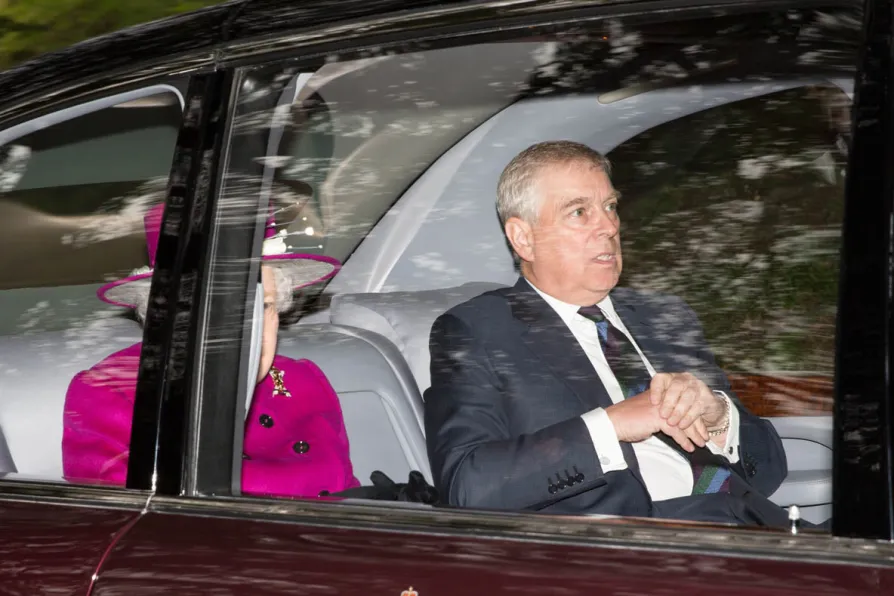As Colombia approaches presidential elections next year, the US decision to decertify the country in the war on drugs plays into the hands of its allies on the political right, writes NICK MacWILLIAM


THE recent furore around Prince Andrew’s links with a convicted sex offender and his inability to grasp the gravity of the matter, underlined in a car crash TV interview with journalist Emily Maitlis, has raised again the question of support or otherwise for the monarchy in Britain.
At a historical level England was the world leader in anti-monarchism, being the first country to execute a monarch, King Charles I in Whitehall on January 30 1649, and promote instead a republic under Cromwell.
However the monarchy was restored in 1660 and notwithstanding the reconfiguration of ruling-class power that was the Glorious Revolution of 1688 it has been with us ever since.

In 1981, towering figure for the British left Tony Benn came a whisker away from victory, laying the way for a wave of left-wing Labour Party members, MPs and activism — all traces of which are now almost entirely purged by Starmer, writes KEITH FLETT

Who you ask and how you ask matter, as does why you are asking — the history of opinion polls shows they are as much about creating opinions as they are about recording them, writes socialist historian KEITH FLETT

KEITH FLETT revisits debates about the name and structure of proposed working-class parties in the past

The summer saw the co-founders of modern communism travelling from Ramsgate to Neuenahr to Scotland in search of good weather, good health and good newspapers in the reading rooms, writes KEITH FLETT














